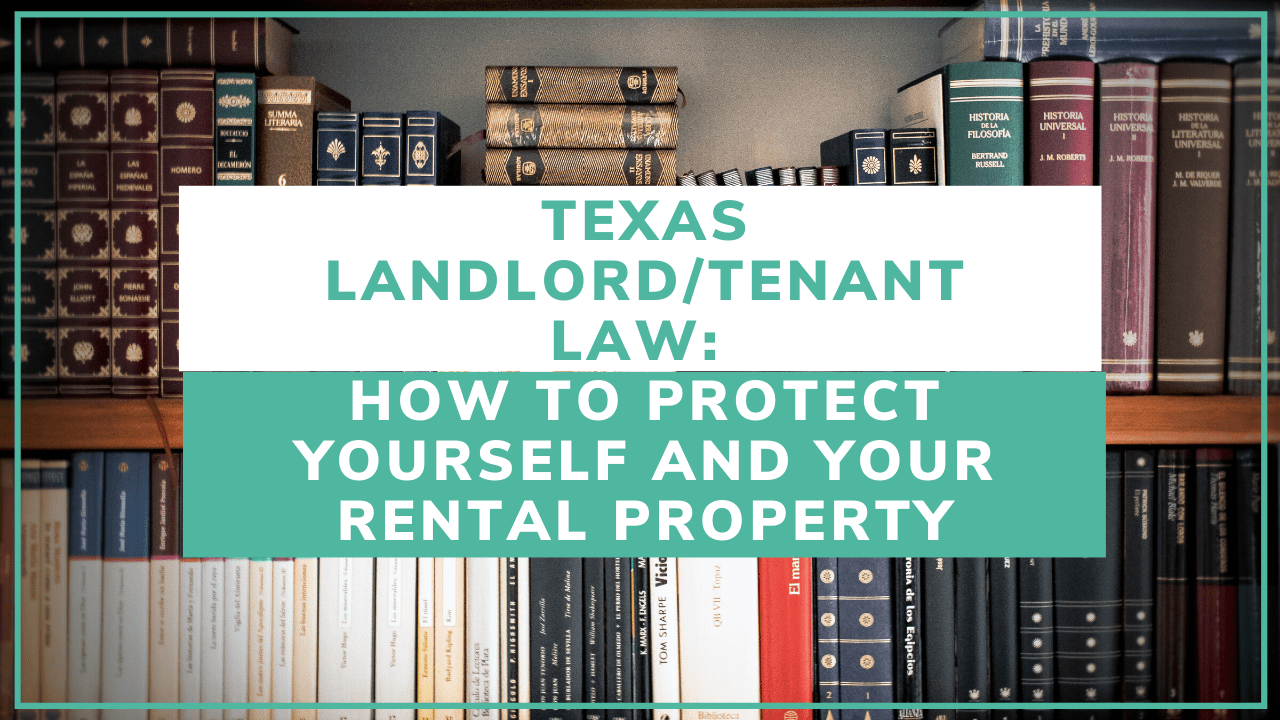
Renting out a property in Fort Worth requires compliance with a number of state and federal laws. It’s important that you understand and follow these laws, otherwise, you’re at risk for lawsuits and complaints. Mistakes can be expensive, so protect yourself and your property by familiarizing yourself with these important legal requirements.
Federal Laws – Fair Housing and ADA
Some of the most important laws that Fort Worth landlords must pay attention to are federal laws. Fair housing laws, for example, make it illegal to discriminate against several classes of people when you’re marketing your property, screening applications, or enforcing your lease with tenants. Everything you do must be consistent, and you can protect yourself with documented processes that demonstrate you are complying with the laws and treating everyone equally.
The Americans with Disabilities Act is also relevant to landlords and property owners in Texas. It’s not enough to avoid discriminating against people with disabilities when it comes to your property; you’re also required to make reasonable accommodations for people who need them. Service and support animals are a big part of this. Make sure you know enough about the law not to confuse pets with service animals.
Texas Property Code Laws
The Texas Property Code includes several requirements for rental property owners. Some of the most important things you need to know about the property code are:
- Smoke alarms. You need one in each bedroom or sleeping space, at least one in each hallway where there are multiple bedrooms, and one on each level of the home.
- Peepholes. Exterior doors need a peephole with a one-way lens of glass that provides an angle view of at least 160 degrees or glass.
- Bolts. A keyed dead bolt or a keyless bolting device is required for exterior doors. Landlords are also required to re-key the property before new tenants move in.
- Sliding glass doors. Any sliding glass doors need a pin lock. All doors must be replaced between tenants.
There is a lot more to the Texas Property Code, but these are the areas that are frequently forgotten or overlooked. Make sure your property is compliant before you rent it out.
Texas Eviction and Security Deposit Laws
 Before filing for eviction, property owners in Texas are required to serve their tenants with a Three-day notice to vacate. To avoid conflict, our office practices 5 day notices to vacate to the advice of our attorney. It’s also important to return your tenant’s security deposit within 30 days of their move-out date. If you make any deductions or withhold any security deposit funds, send a detailed letter within those 30 days explaining what was withheld and why.
Before filing for eviction, property owners in Texas are required to serve their tenants with a Three-day notice to vacate. To avoid conflict, our office practices 5 day notices to vacate to the advice of our attorney. It’s also important to return your tenant’s security deposit within 30 days of their move-out date. If you make any deductions or withhold any security deposit funds, send a detailed letter within those 30 days explaining what was withheld and why.
You’re required to keep your property safe and habitable for tenants. Make sure you respond to maintenance issues immediately, and continue providing a well-maintained home so you protect the condition of your investment as well as your relationship with tenants.
If you have any questions about Fort Worth property management or how to effectively rent out a property in Fort Worth, please contact us at Trend Property & Management. We are your local experts, and we’d be happy to help.




 Jason Zimmerman
Jason Zimmerman Jessica Schirmeister
Jessica Schirmeister